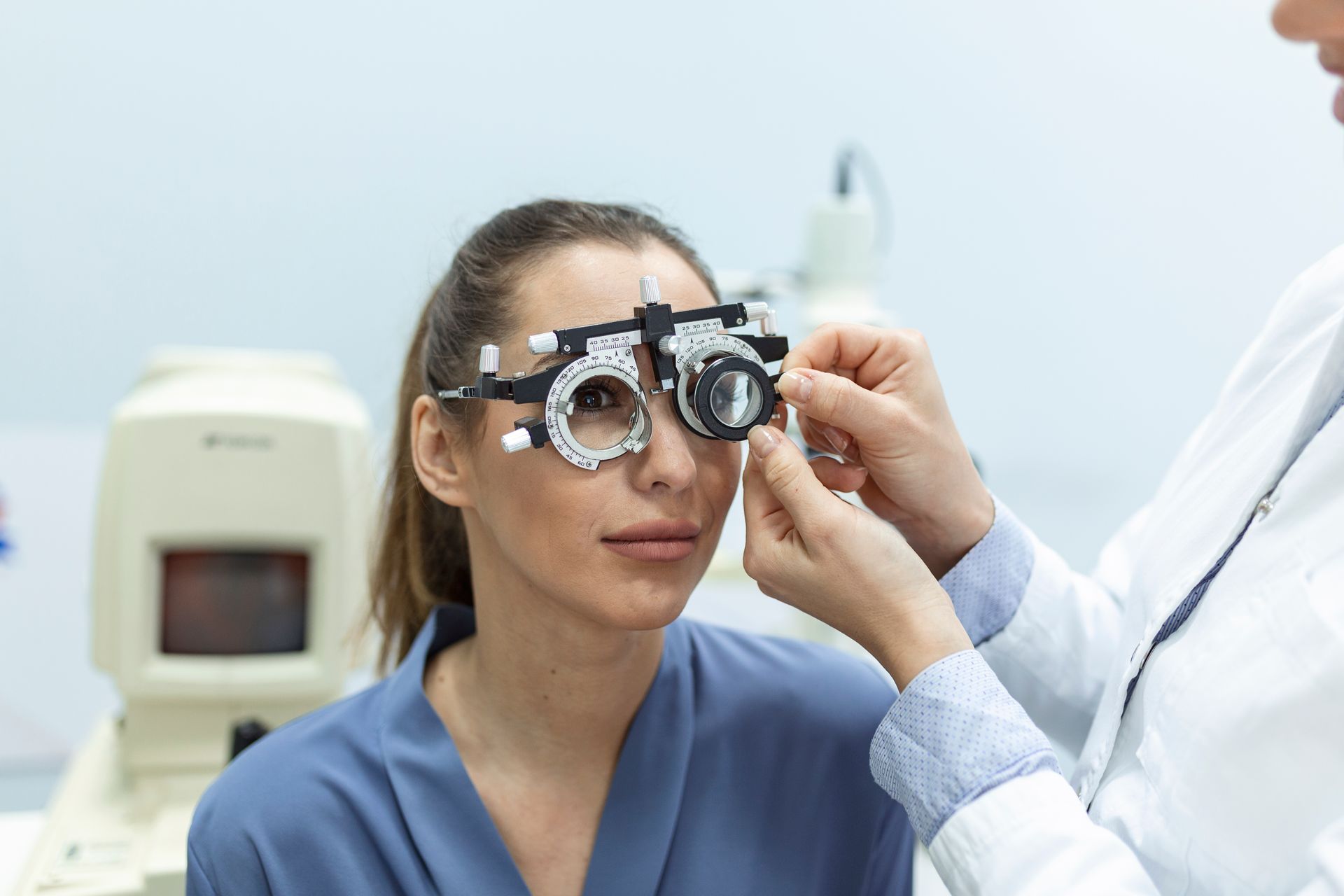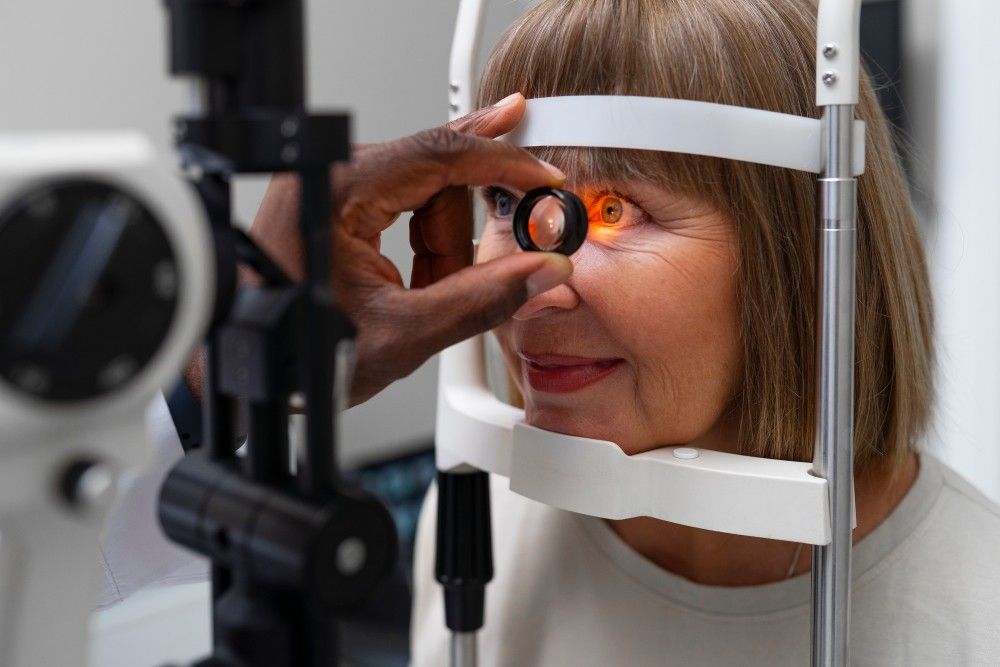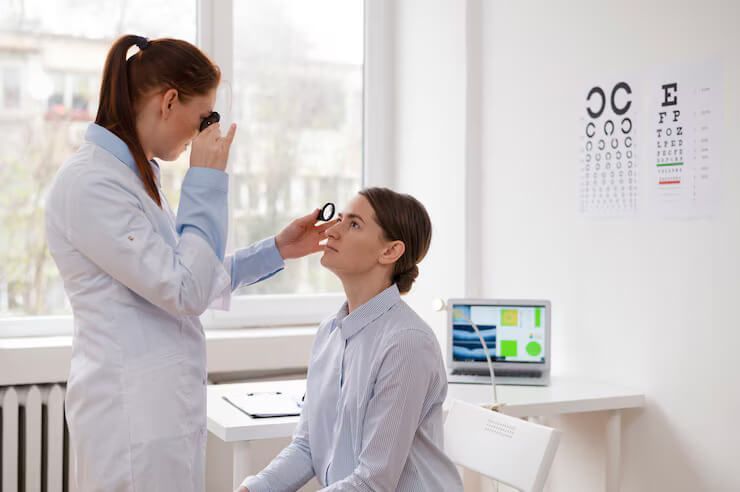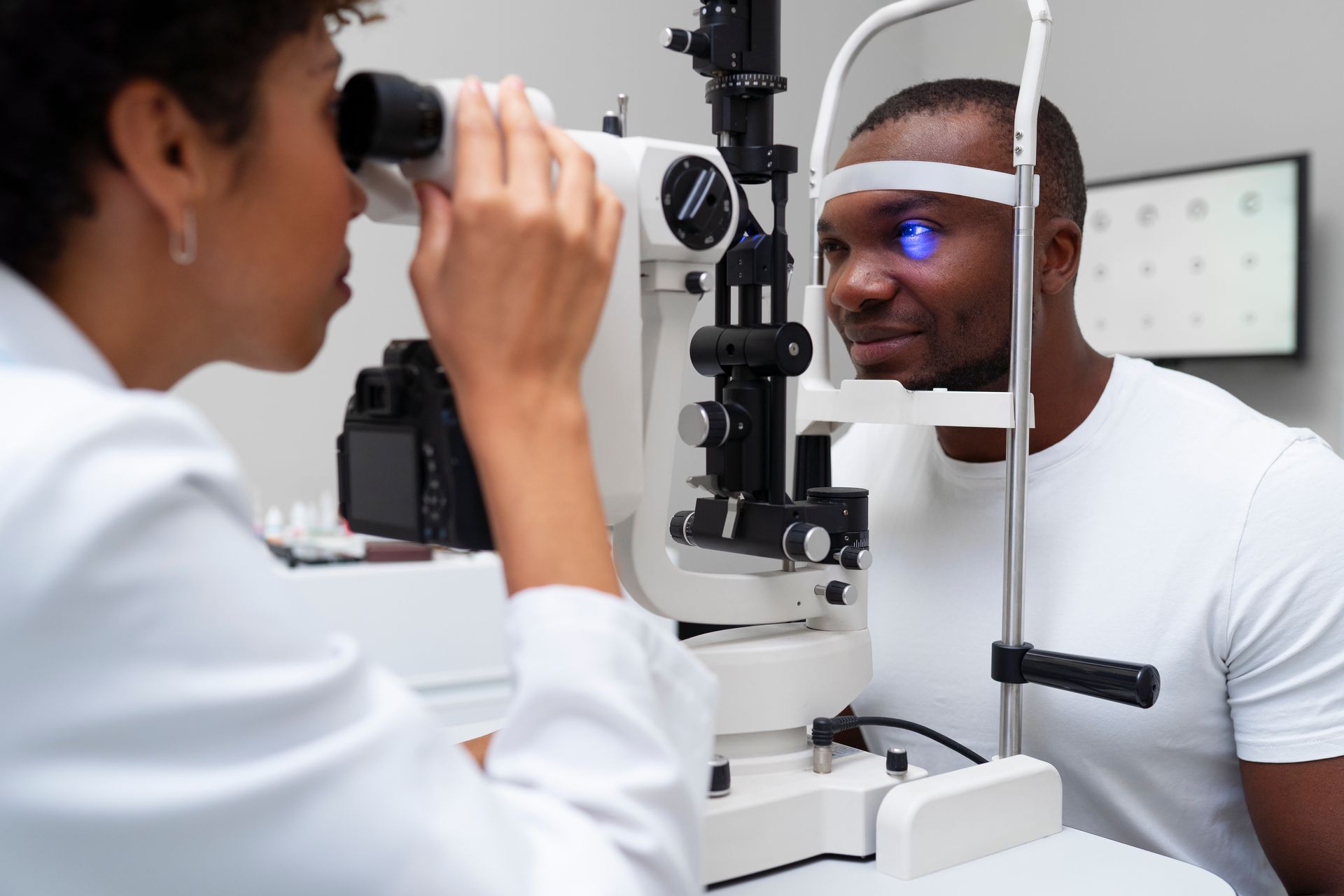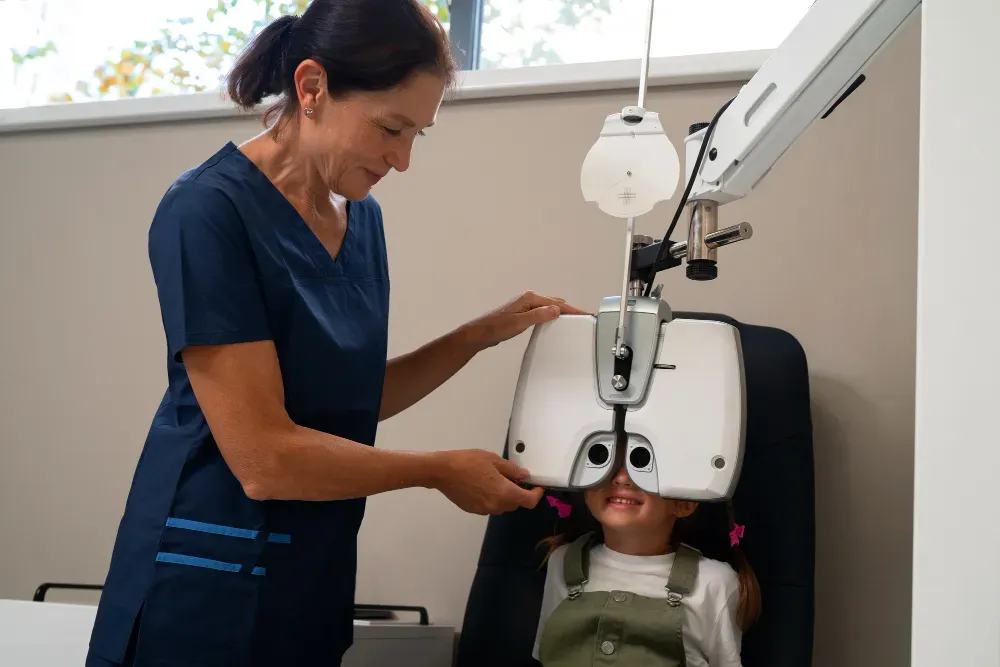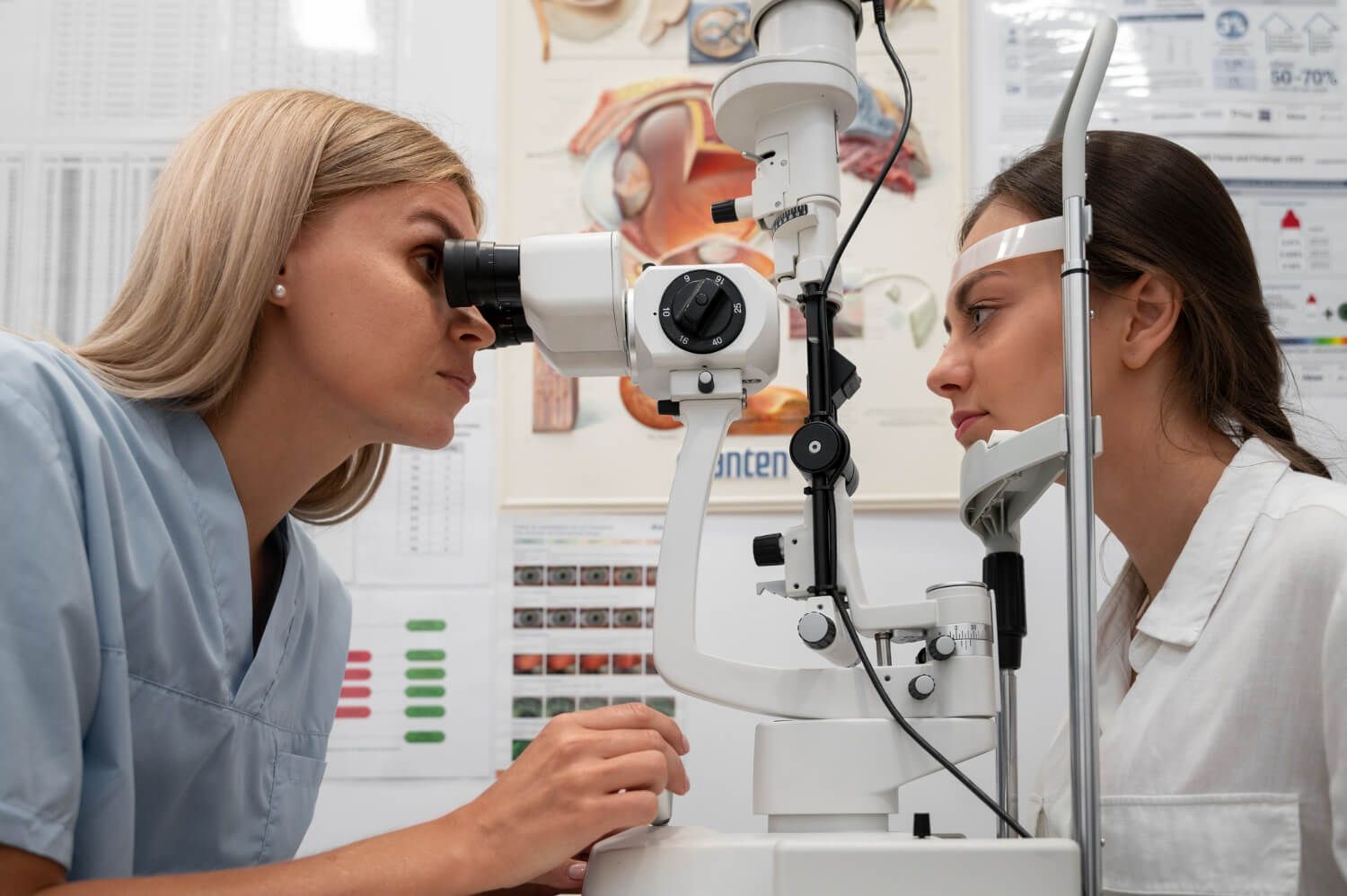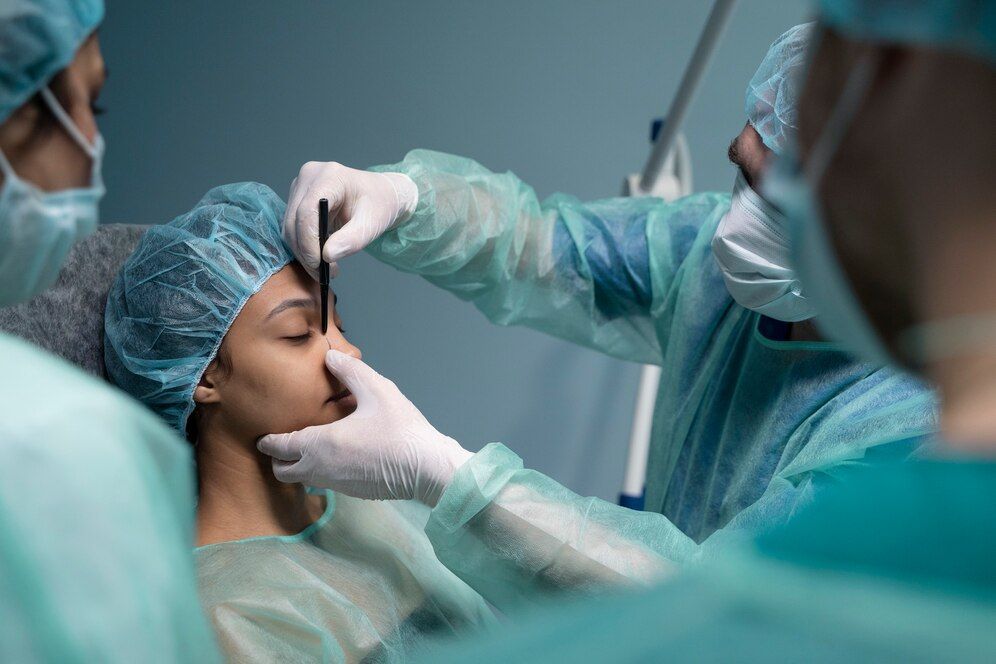Understanding Cataracts and Surgery
Cataracts, a common eye condition characterized by clouding of the lens, can significantly impact vision and quality of life. Fortunately, modern medicine offers a solution through cataract surgery, a highly effective procedure that involves removing the clouded lens and replacing it with an artificial intraocular lens (IOL). However, a lingering question often arises: Can cataracts come back after surgery? In this article, we will explore this common concern and shed light on the truth behind the myth.
Before delving into the possibility of cataract recurrence post-surgery, it's essential to understand what cataracts are and how cataract surgery works.
Cataracts develop when proteins in the eye's lens clump together, causing clouding and decreased vision. Cataract surgery is the most common way to treat this condition. During the surgery, a skilled ophthalmologist removes the cloudy lens and replaces it with an artificial IOL, effectively restoring clear vision.
Can Cataracts Return After Surgery?
The simple answer is no, cataracts cannot return after surgery. The reason behind this lies in the nature of the procedure. Cataract surgery removes the entire cloudy lens that has developed a cataract. Since the cataract is a physical change in the lens itself, once the lens is replaced with an IOL, the issue is resolved permanently.
Confusion and Misconceptions
The idea that cataracts can return after surgery might stem from the fact that some patients experience a gradual decline in vision months or years after cataract surgery. However, this isn't a recurrence of the cataract itself. This phenomenon, known as "after-cataract" or posterior capsule opacification (PCO), occurs when the capsule that holds the IOL becomes cloudy over time. PCO can lead to similar symptoms as cataracts, such as blurred vision and glare.
The good news is that PCO is easily treatable with a quick and painless laser procedure called YAG laser capsulotomy. During this procedure, a laser is used to create a small opening in the cloudy capsule, allowing clear light to enter the eye and restore vision. This is not a return of the original cataract but rather a secondary issue related to the healing process.
Preventing Post-Surgery Complications
While cataracts themselves cannot come back after surgery, it's important to recognize that every surgical procedure carries some risks. Infection, inflammation, retinal detachment, and other complications can occur. However, these complications are rare and can often be managed successfully with prompt medical attention.
To minimize the risk of complications, follow your ophthalmologist's post-operative instructions diligently. Attend all follow-up appointments and report any sudden changes in your vision or unusual symptoms immediately.
In conclusion, the notion that cataracts can return after surgery is a misconception. Cataracts are permanently removed during the surgical procedure, and the clouded lens is replaced with an IOL, providing a lasting solution to the problem of diminished vision. Any vision changes that occur after cataract surgery are more likely related to after-cataracts (PCO) or other treatable complications. If you're considering cataract surgery or have undergone the procedure, understanding the facts can help alleviate concerns and pave the way for clearer vision and a brighter future.
Discover Expert Eye Care at Hill Country Eye Center
If you or a loved one are grappling with cataracts and considering treatment options, rest assured that cataracts cannot return after surgery. The remarkable advancements in medical science have made cataract surgery a highly successful and permanent solution for restoring clear vision. Remember, any visual changes post-surgery are likely related to manageable issues like PCO, which can be easily resolved.
For those seeking expert guidance and care in Austin, look no further than Hill Country Eye Center. With a team of experienced ophthalmologists and a commitment to delivering personalized and top-notch eye care, they are your partners in achieving optimal vision. Schedule a consultation with Hill Country Eye Center to explore your
cataract treatment options and embark on a journey towards renewed vision and improved quality of life. Don't let cataracts cloud your world—take the first step towards clearer vision today.
Disclaimer: This article is for informational purposes only and is not a substitute for professional medical advice. Please consult a qualified healthcare provider for accurate diagnosis and personalized treatment recommendations.
